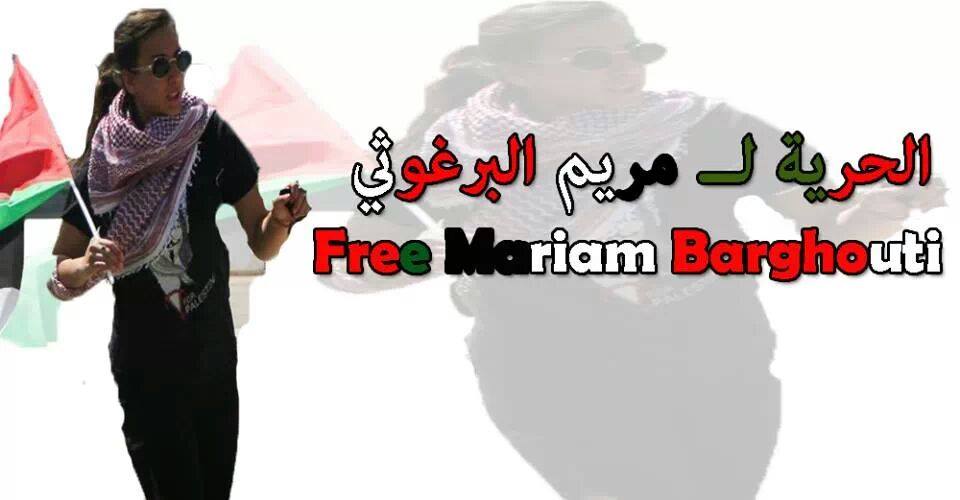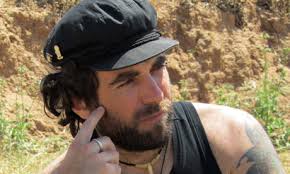Category: Reports
-
UPDATED: 20-year-old Mariam Barghouti has now been released
15th April 2014 | International Solidarity Movement | Occupied Palestine Update Friday 18th April: Mariam was released yesterday evening and is now home with her family. ***** Update Thursday 17th April: Mariam had a military court hearing this morning and the military judge agreed to release her on bail. Mariam’s bail has been paid and she…
-
Remembering Vik
15th April 2014 | International Solidarity Movement| Occupied Palestine Vittorio Arrigoni was a human rights activist (Italy, February 1975) and member of ISM, who was murdered on the 15th of April 2011, aged 36, whilst supporting the struggle for a free Palestine. Below is a tribute from an Italian ISMer: I want to remember Vittorio Arrigoni with his…



